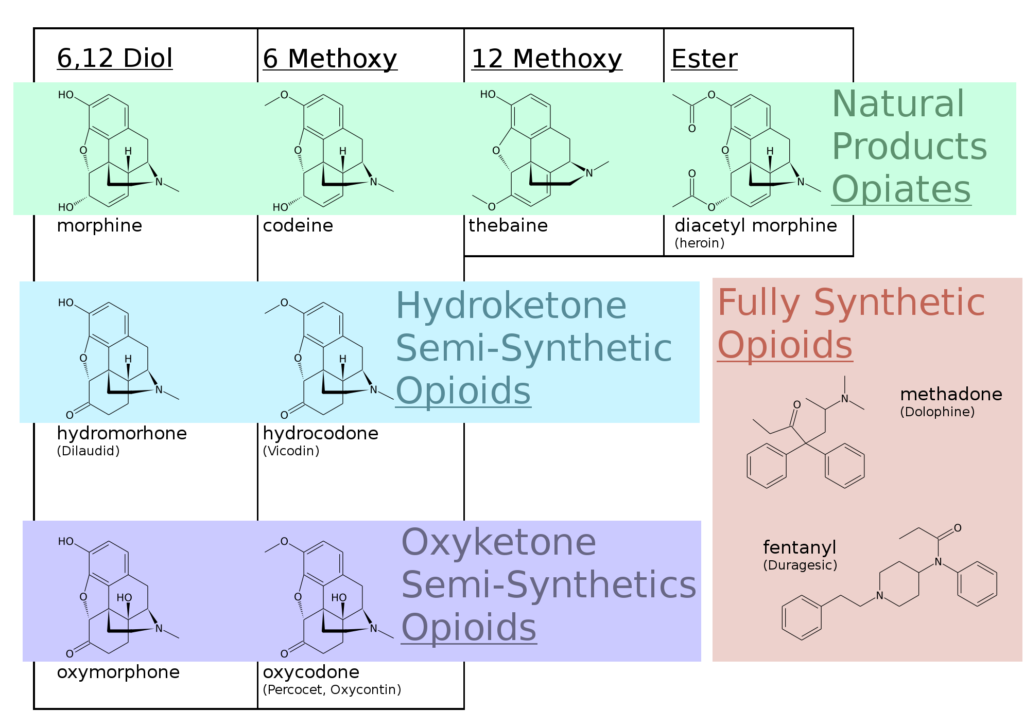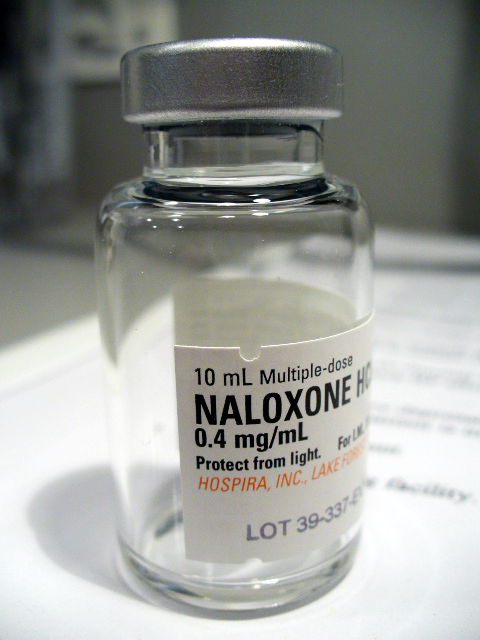Opioid vs Opiate – How Are They Different or the Same?
As Seen In:





GET A FREE CONSULTATION
PRACTICE AREAS
RECENT RESULTS



Opioids and opiates – they sound very similar, and are often used interchangeably by people when speaking about them. Many people may not even realize that there is a difference between an opioid and an opiate.
Both opioids and opiates are used for medical purposes, and are prescribed for pain relief, cough suppression, anesthesia, and more. Of course, both opioids and opiates may also be used for illicit purposes by individuals who have a substance use disorder. The key difference between an opiate and an opioid is actually in how they are made.

What Is an Opiate?
An opiate is a chemical compound, extracted or refined from natural plant matter. The natural materials used to make an opiate are poppy sap and fibers. These opiates include:
- Morphine
- Codeine
- Opium
What Are Opioids?
An opioid is a chemical compound, and is not typically derived from natural plant matter. Opioids are “synthesized”, meaning they are typically made in a lab. Some opioids are only partially synthesized from chemicals found in opium, while others are wholly designed and created in laboratories. While some people use the term “synthetic opioid”, the term is actually redundant, as almost all opioids are synthesized by definition.
There are currently more than 500 different opioid molecules that have been created by the pharmaceutical industry. These include drugs such as:
- Hydrocodone (e.g., Vicodin)
- Oxycodone (e.g., Oxycontin, Percocet)
- Fentanyl (e.g., Ultiva, Sublimaze, Duragesic patch)
- Dextromethorphan (e.g., NyQuil, Robitussin, TheraFlu)
What About Heroin?
Heroin is currently listed as a Schedule I narcotic under Federal law in the United States. Schedule I drugs have no no listed medicinal purpose and are highly abused by users. Currently, the CDC classifies heroin as an “opiate”, yet because it is made from morphine (an opiate) that has been chemically processed, it is technically a semi-synthetic, causing it to fall in the “opioid” category.
Many people use both opioid and opiate to describe heroin interchangeably. Manufactured opioids like Oxycontin are sometimes referred to as “synthetic heroin”, complicating the picture.

“Narcan” by Punching Judy, CC by 2.0
What Do Opioids and Opiates Have in Common?
Both opioids and opiates are “narcotics”, a word which means sleep or numbness-inducing. Both opiates and opioids can lead to addiction, and a dependency on either can lead to life-threatening consequences. Whether or not the person is addicted to opiates or opioids, switching to a different opiate or opioid can help maintain their dependency or addiction.
It’s become an all too common story in recent years to hear of individuals who are suffering from debilitating pain, who turn to their doctor for pain relief and are prescribed an opiate or opioid. If this person then develops a dependency on their prescription, they may switch to an illicit opioid or opiate when their prescription runs out.
When a Doctor Over-Prescribes Opiates or Opioids
As more and more patients are coming forward, an unsettling trend has been uncovered in the area of opioid and opiate prescriptions – doctors who over-prescribe opiates and opioids when treating someone’s pain.
Legal opioids such as oxycodone, hydrocodone, codeine, or morphine, are intended to treat severe pain, and are often prescribed after a serious injury or surgery. Problems start to occur when doctors prescribe these drugs in quantities that are in excess of the recommended amount. Because of the addictive nature of these opioids, patients will then turn to other opioids or opiates such as heroin, as heroin can be far easier and cheaper to obtain than a prescription pill.
When You Need an Experienced Over-Prescribed Opioid or Opiate Lawyer
Richard Hollawell has been unrelenting in holding doctors responsible for improperly prescribing painkillers to their patients for over fifteen years. In addition, he has also fought back against the pharmaceutical companies who are responsible for fraudulent marketing of opioids, and held them responsible for flooding our communities with painkillers.
If you think you may have a case against a doctor or manufacturer, our office can help you move forward with your claim with a free consultation. Our reliable opioid abuse lawyer can be reached at 1-800-681-3550 or use the contact form below to speak to someone today.
